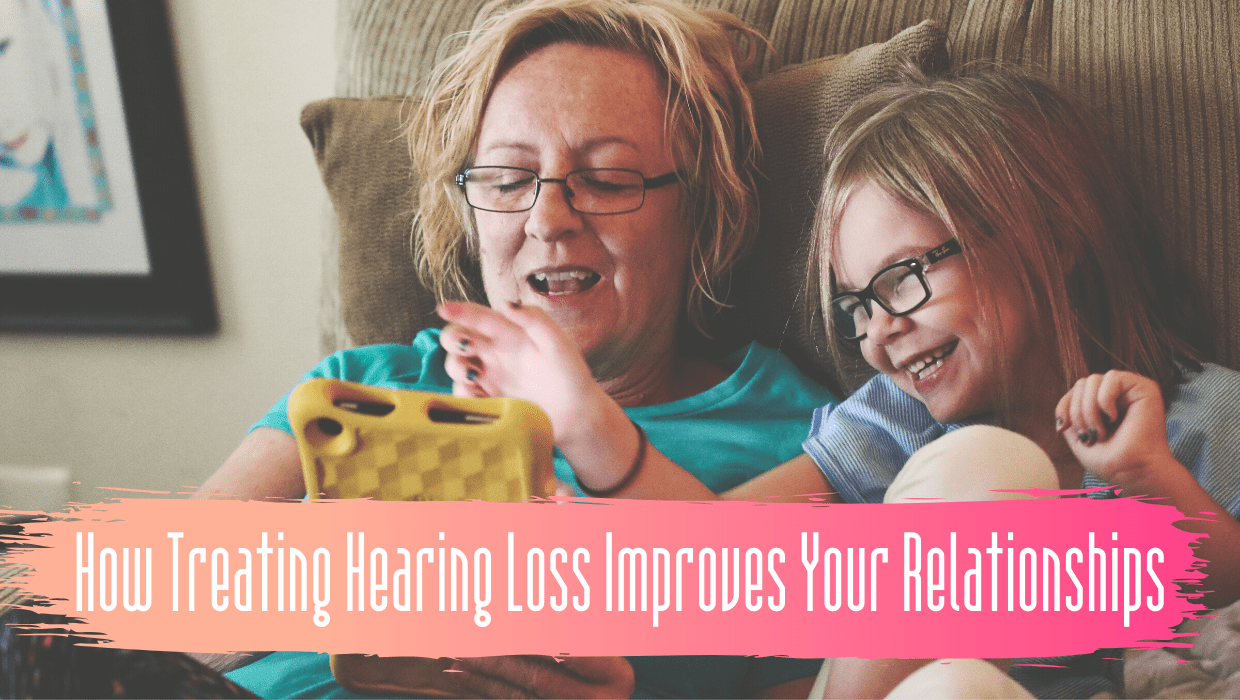- Understanding the Impact of Noise Pollution on Hearing Health - June 4, 2025
- Can Swimming With Hearing Aids Be Safe? - May 7, 2025
- Why Hydration Matters for Hearing Health - April 9, 2025
Hearing loss is an increasingly common public health concern in the United States and globally. According to the Hearing Health Foundation, 48 million people in America and 477 million people worldwide have hearing loss. Impaired hearing typically happens gradually so it can go unnoticed or be ignored for quite some time. Identifying the symptoms and addressing hearing loss it critical. Detection and treatment can significantly better all aspects of a person’s life and enhance their well-being.
This is especially critical for older adults. Though hearing loss can be experienced by people of any age, aging adults are among the largest population effected. Addressing the hearing needs of older adults can drastically improve their care.
Quick Facts & Statistics
Hearing loss is a growing epidemic effecting a significant number of people, particularly older adults. According to the Hearing Health Foundation:
- 1 in 5 people, age 12 and over, experience hearing loss
- 1 in 8 people, age 12 and over, have hearing loss in both ears
- Nearly 50% of adults age 75 and over have hearing loss
- Nearly 33% of adults ages 65-74 have hearing loss
Hearing loss is the third most common health issue for older adults. Addressing these needs could radially improve the quality of life for aging adults.
Improved Care
Addressing hearing loss can have multiple benefits that result in better care and overall health. These benefits include the following:
- Improved Communication: difficulties with communication is a major symptom of hearing loss. A decreased ability to hear makes it challenging to thoroughly hear and process speech and sound. People can struggle to hear distinct words, sentences, and complete information. This can result in miscommunication and can contribute to health risks. Treating hearing loss can help aging adults absorb and process more sound. This could allow them to hear directions and critical information more clearly. It also allows them to respond more effectively and articulate their needs more clearly.
- Increased Independence: when experiencing hearing loss, there is often an increase reliance on others. People with impaired hearing may frequently need others to repeat themselves, speak loudly and/or slowly, clarify information etc. This can frustrate everyone involved and possibly even strain relationships. Treating hearing loss can alleviate this reliance on others as one can hear much better. This increased independence can boost confidence and general happiness.
- Enhanced Health: increased ability to hear can improve mental and emotional health. It helps people to hear speech and sounds that they have not heard in quite some time. Allowing them to fully participate in activities and social gatherings with greater ease. Additionally, detecting hearing loss can help identify and address any other medical condition they may be experiencing.
Being able to hear better leads to feeling better, encouraging longevity and wellness. Enhanced communication facilitates more effective care that older adults can more actively participate in.
Treatment
Nearly 1 in 4 people who could benefit from hearing aids actually own them. This points to the reality that there are millions of people who suffer from untreated hearing loss. Fortunately, with the innovations and progress of technology, hearing loss can be effectively treated.
Hearing loss can be addressed by:
- Hearing Test: the first step to take is scheduling an appointment to have your hearing evaluated. This is a noninvasive, painless, and relatively quick process. A hearing healthcare provider will guide you through sounds and speech and you will indicate what you are able to hear. This will identify the softest sound you are able to hear in both ears and this information will show any degree and type of hearing impairment you are experiencing.
- Seeking Treatment: there are several useful ways that hearing loss is treated. The most common treatment is hearing aids. These small devices help to collect more sound from the environment, amplify, and process that sound. Hearing aids can be highly customized to meet your specific hearing needs. There are a variety of features and technology available to ensure that your ability to hear is strengthened.
Treating hearing loss can help a person move through their day easier. It allows them to participate more actively in activities, conversations, and their care. This can restore a person’s sense of self and enhance overall health!

